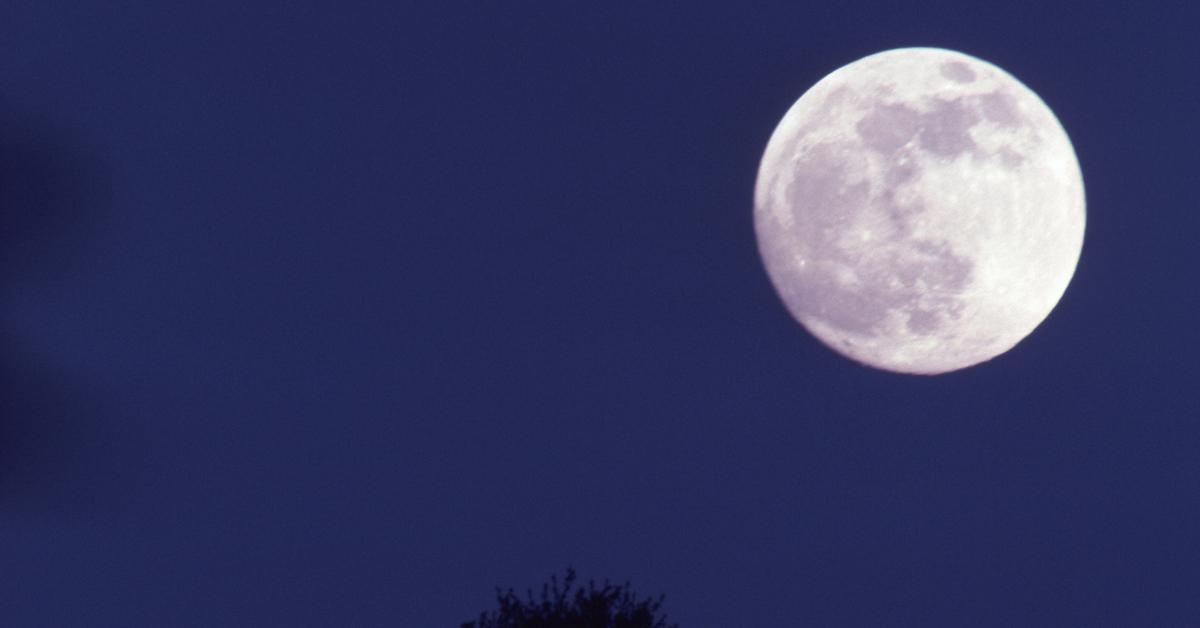Why Does Easter Change Days Each Year? There's an Eggs-ellent Explanation.
Updated March 29 2024, 12:05 p.m. ET

This year, Easter arrives on Sunday, March 31. Last year, the Easter bunny brought eggs and candy on April 9. And the year before that, Easter was on April 17. All Sundays, yes — but why does Easter change days every year? Is the furry guy busy or something? Does the date depend on when the chocolate factory can churn out the most solid bunnies — or when Peeps are on sale?
Well, the real reason that Easter changes days has to do with something far more natural than marshmallow-shaped chicks. Read on to find out how Easter Sunday is determined. (And no, Jesus doesn't set the date.)
Why does Easter change days each year?

Somehow Easter always sneaks up on some of us. The fact that the holiday does not fall on the same day each year like Christmas can feel a bit confusing. Some of us remember that Easter actually came on March 23 in 2008. Meanwhile, Easter will fall at the end of April in 2038. So what gives?
The moon actually dictates when Easter takes place each year. Yup, pull out your old almanac and you'll have the answer to when Easter falls every year into the future. That is because the Christian celebration of the resurrection of Jesus always takes place on the first Sunday after the Paschal Full Moon, which is the first full moon after the vernal equinox.

Now that we have planners, and, well, Google, it's easy to find out when Easter will be. But what about before Hallmark published monthly calendars? And why is the moon the determining factor for when we tuck into our ham dinner after pigging out on jelly beans all day?
The Sunday Easter falls on is based on early Christian tradition.
One thing you can count on as reliably as finding that crinkly little Easter basket grass scattered around the house for weeks after the holiday ends is that Easter falls on a Sunday — no matter the actual date. According to Christian mythology, Jesus died on a Friday, which Christians call Good Friday. Then, Christians believe he was resurrected two days later: Easter.
Christian holidays are based on the solar calendar, and Easter is perhaps the best eggs-ample of that. As Natalia Imperatori-Lee, PhD, professor of religious studies at Manhattan College, explained to Reader's Digest, the resurrection celebration taking place after a full moon is all about "maximum light" symbolically.
“So that Sunday, shortly after the equinox [which has 12 hours of light and 12 of darkness], plus the fullness of the moon [lots of light], means maximum light — the perfect day for the holiest feast in the Christian year," she elaborated.
Easter is also tied to the Jewish celebration of Passover, which commemorates the Hebrews escaping enslavement in Egypt. Much like Easter, Passover changes days each year as well, and is based on the Jewish calendar.
Passover begins at sundown on the fifteenth day of the month of Nisan, which is March or April. In 2023, Jews celebrate Passover starting on Monday, April 22 through Tuesday, April 30.